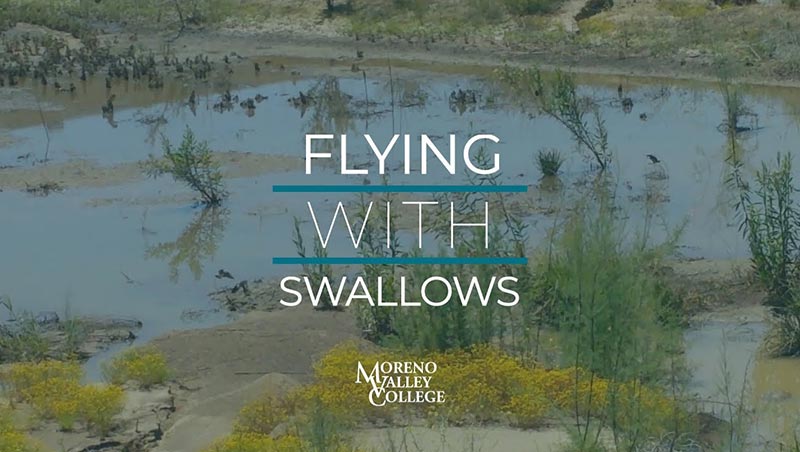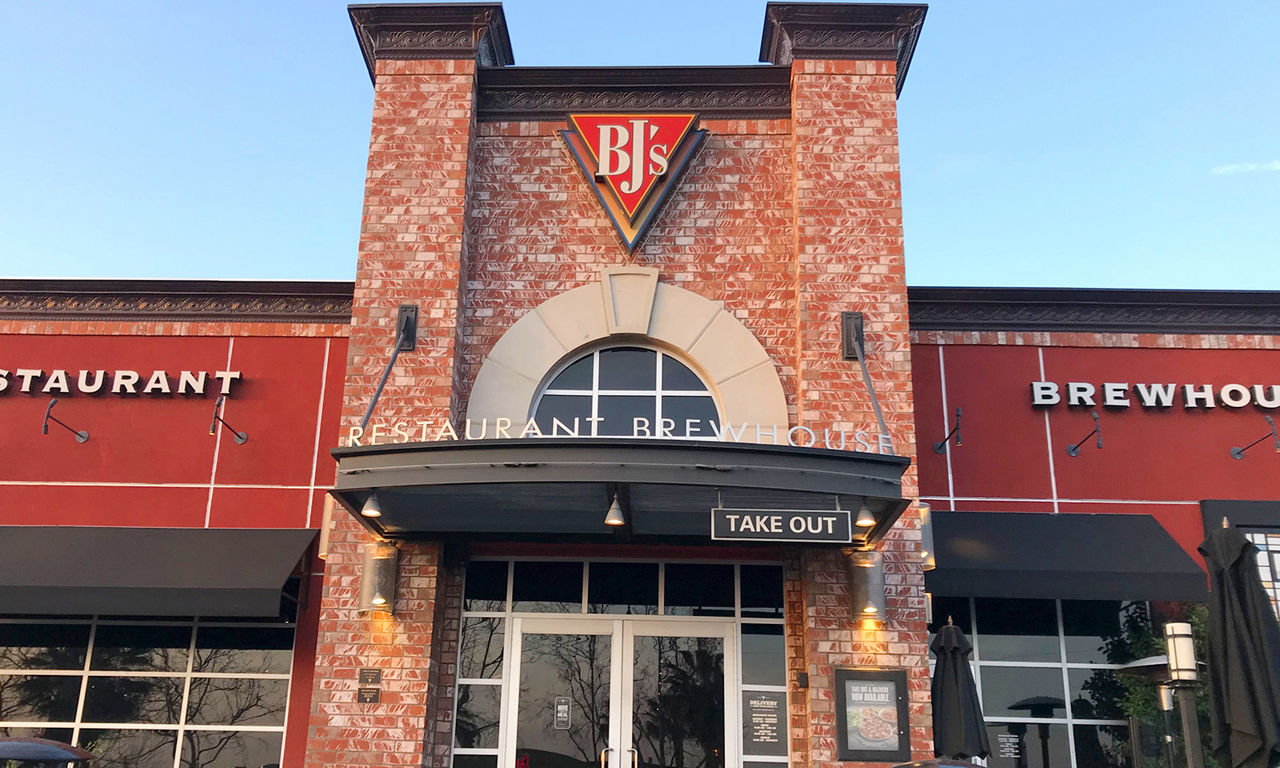
WEIGHT: 58 kg
Breast: E
One HOUR:130$
NIGHT: +40$
Services: Spanking, Fisting anal, Domination (giving), Lesbi-show hard, Swinging
To browse Academia. The aim of this chapter is to study the representation of different borders and its role in the portrayal of otherness in by Javier Moreno. We explore the ways in which the novel builds a dystopic society through the representation of dysfunctional characters embodying different kinds of otherness and the way in which spatiality and the body are key to understanding how this otherness is created and reinforced.
With the help of the notions of limbo, non-places, hybridity, simulacrum and the dichotomy center-periphery we examine how borders are raised in the novel and how these affect the characters and the depiction of a society in decline. The notions of void and ruins recur as topics in the novel, and are an obsession for Gowan, who is both an observer and a creator of ruins through a series of actions that represent a wider economic reality where objects are bought, sold and trashed.

We study how the body, which in a way is the first barrier between the characters and the outside, plays a significant role in the novel as a marker of ethnicity, physical illness or, as with Josefina, as the recipient and target of an obsession for corporal void, latent in her eating disorder.
If the parallel between political organizations and bodies is commonplace since Antiquity, and if the sovereign body identifies itself with a Leviathan in authoritarian times, can the apocalyptic dissolution of the State also be equated to a rotting social body? In my paper, I will apply these research questions to the field of contemporary Italian fiction, marked by an increasing interest in post-apocalyptic and dystopian narrative.

In these works, regression expresses itself through the violation of fundamental taboos, leading to a false primitivism that is, in fact, an invention of our present. The crumbling reality of our financial economies is thus replaced by a universal economy of rape and cannibalism often deriving from a problematic definition of what is human, in a context of genetic mutations, unknown diseases and environmental disasters.



































